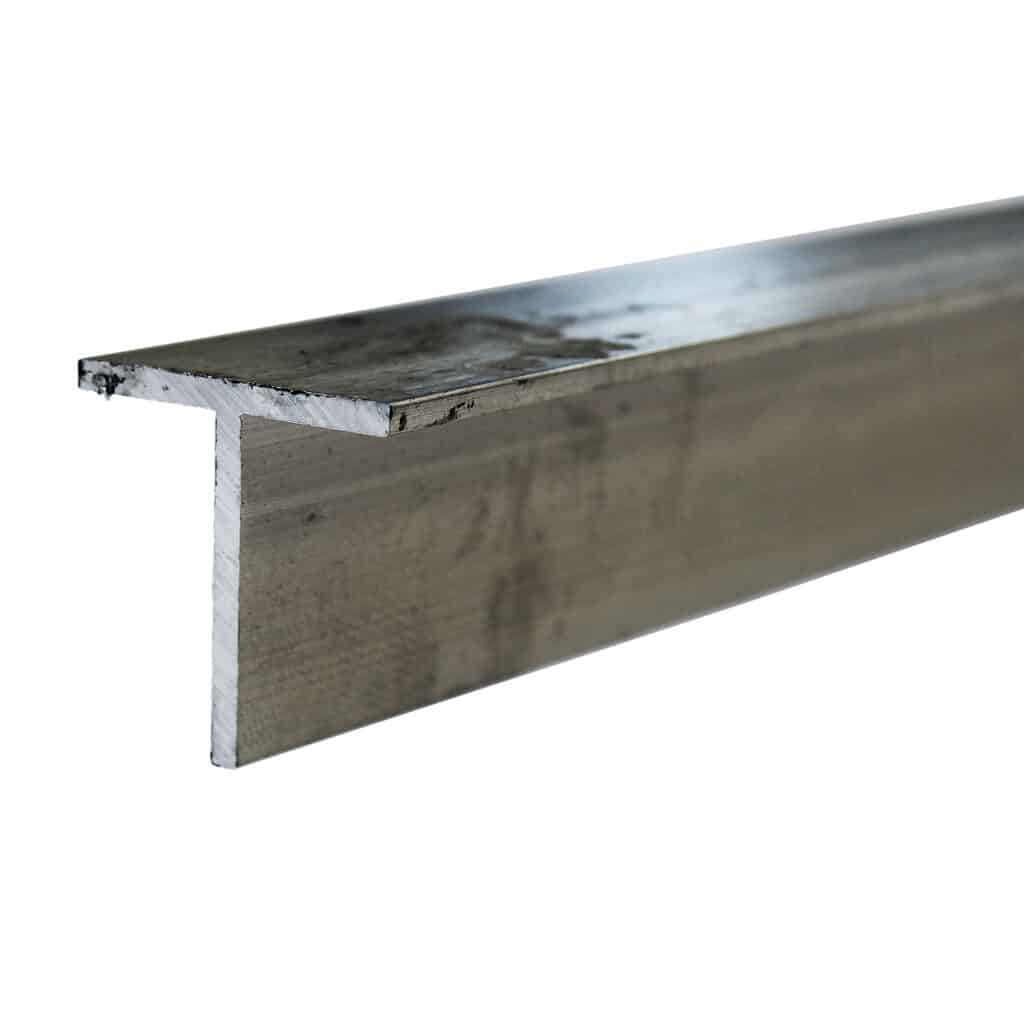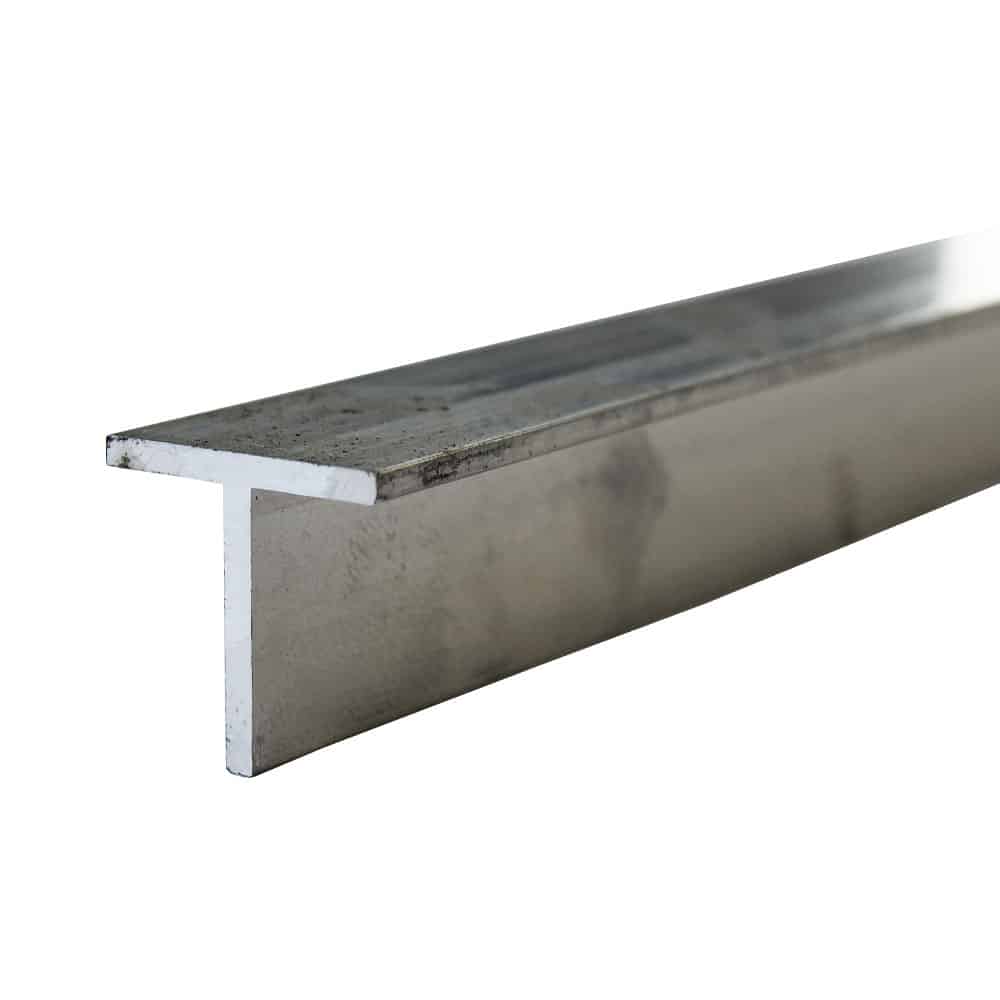- Massive Range
- FREE UK Delivery
- Rapid Dispatch
- Massive Range
- FREE UK Delivery
- Rapid Dispatch
- Massive Range
- FREE UK Delivery
- Rapid Dispatch
£11.99 – £16.99 inc VAT


This website is secured:
✔ Specialists In Rapid Shipments Of Any Size
✔ FREE UK Delivery Included
✔ Immediate Express Dispatch From Stock
✔ Tracked Delivery with Order Updates
✔ 30-Day Returns Accepted
@ ☏ Bespoke Lengths & Larger Quantities Available
Steel tubes are some of the most versatile and durable materials you can use for your project, and Speciality Metals’ 15.88mm diameter x 1.2mm thick Mild Steel Tubes ERW Round Tubing is no exception. With its excellent welding, forming, bending and machining abilities, these steel tubes are the perfect choice when you need a material that’s tough and adaptable. What’s more, they come in various lengths, so you can choose the exact size you need without having to worry about waste.
Best of all, steel tubes are cost-effective and recyclable, so you can be sure that you’re using a material that’s both eco-friendly and budget-friendly. So if you want a material that can handle just about anything, look no further than Speciality Metals’ steel tubes.

15.88 x 1.2mm round mild steel tubes are used in many structural and engineering applications. The size refers to the outside diameter and then the thickness of the wall.
ERW means Electric Resistance Welded. ERW round tube is made when steel strip is welded to form a tube shape. The tube is continuously seam welded which means that there is a neat weld running along the inside of the tube.
Mild steel round tube is widely used in a variety of applications and also comes in both square and rectangular options.
Speciality Metals offers Mild Steel Tubes in the size of 15.88mm diameter x 1.2mm thick. These steel tubes are hailed for their durability and versatility, making them the preferred choice for various applications. They are highly cost-effective, and their recyclability further adds to their convenience and value. The excellent welding, forming, bending and machining abilities of these tubes make them easy to work with while ensuring optimal performance. Their availability in various lengths only adds to their versatility and makes them the go-to choice for many different industries. Trust Speciality Metals for the highest quality steel tubes!
Speciality Metals is known to be the United Kingdom’s best up-and-coming small-quantity metal company.
Furthermore we stock a vast range of round tube options that compliment our mesh range perfectly.
Over 50,000 customers of Specialty Metals are provided with fast, friendly customer service every year. We’re the place to try when you need metal of any shape and size. We’re based in Warrington, UK. We pride ourselves on our rapid turnaround and a large range of options.
Key information:
We also carry a wide range of mild steel sheet metal, angle iron and flat bar.
Mild steel is a quality strong metal. However it is not rust proof and may do so over time. Please use galvanised or stainless steel if you need resistance to rust. If this metal tube does show signs of rust then simply remove this with WD40 or fine sanding.
The grade of plain steel that we have available has mechanical properties that provide excellent machinability, formability and weldability.
Mild steel can be welded and it’s also suitable for painting. Mild steel is a magnetic grade of metal. Magnets will stick to this sheet but it is not itself a magnet.
Mild steel tubing is manufactured through a series of processes that convert raw steel into the final tubular shape. Here’s a breakdown of how mild steel tubing is made, divided into paragraphs for clarity:
Raw Material Preparation: Mild steel tubing begins its life as a flat sheet of steel, also referred to as a “skelp.” This steel has a relatively low carbon content, typically around 0.05% to 0.25%, which gives it its “mild” designation. The skelp is prepared in large coils and is unrolled and cut to the desired width based on the final size of the tube. Before shaping, the flat steel is often cleaned to remove any impurities or oxides on its surface.
Forming and Welding: The flat steel strip is then passed through a series of rollers that gradually bend it into a tubular shape. Once the desired shape is achieved, the edges of the strip meet, and the tube is welded along its length. This process is called Electric Resistance Welding (ERW). In ERW, electric current is passed through the edges, causing them to heat up and fuse together, forming a strong, long-lasting weld.
Sizing and Cutting: After welding, the tube passes through additional rollers to fine-tune its dimensions, ensuring it meets the desired specifications. The continuous length of tubing is then cut into the required lengths using either a mechanical saw or a laser cutter.
Heat Treatment and Finishing: Depending on the application, the tubing might undergo a heat treatment process to improve its mechanical properties. This step can change the steel’s microstructure, improving its strength and ductility. Finally, the surface of the tube may be treated or coated to enhance corrosion resistance. Common treatments include galvanising, where a protective layer of zinc is applied, or painting.
Inspection and Testing: The final step in the manufacturing process involves inspecting the tubes to ensure they meet all quality and dimensional standards. Testing might include visual inspections, mechanical property tests and checks for imperfections in the welds. Once the tubes pass all checks, they are bundled together, ready for shipment to distributors or end-users.
The aforementioned steps provide a general overview. Specific manufacturing methods can vary based on the desired properties, dimensions and end-use of the mild steel tubing.
Mild steel tubes are generally considered one of the more cost-effective options when compared to metals like stainless steel or aluminum, primarily due to their simpler material composition and efficient production processes, such as Electric Resistance Welding (ERW). However, the final cost of mild steel tubes can fluctuate based on a variety of factors. These include global supply and demand dynamics, specific tube dimensions and thickness, any additional surface treatments or finishes, transportation costs, and local market conditions, including import tariffs. While they typically present a cost advantage over other materials, for precise pricing, it’s beneficial to consult with local distributors or manufacturers based on specific requirements.
Yes, it is possible to galvanise mild steel tubes after fabrication. In fact, this is a common practice for many steel structures, including tubes, to enhance their corrosion resistance. The process involves the following steps:
Cleaning: Before galvanising, the fabricated mild steel tubes need to be thoroughly cleaned to remove any dirt, grease, oil, paint or rust. This is typically done through a caustic cleaning process, followed by rinsing.
Pickling: After cleaning, the steel is immersed in a dilute solution of sulfuric or hydrochloric acid to remove mill scale and rust. This process is known as pickling.
Fluxing: The pickled steel is then immersed in a flux solution, usually consisting of zinc ammonium chloride, which helps in the removal of any remaining oxides and prevents further oxidation before the galvanising process.
Hot-Dip Galvanising: The cleaned and fluxed tubes are then submerged in a bath of molten zinc, typically at temperatures around 450°C (842°F). The steel reacts with the zinc to form a series of zinc-iron alloy layers.
Cooling and Inspection: After galvanising, the tubes are cooled, either passively in the open air or by quenching in water. Once cooled, they undergo quality inspections to ensure the coating thickness and quality are up to standards.
It’s important to note that the design of the fabricated structure should take galvanising into account. For example, sealed hollow structures can be problematic because the trapped air can expand when heated and cause an explosion. Adequate vent and drainage holes should be provided to allow the escape of air and the complete filling and draining of the molten zinc.
In summary, galvanising mild steel tubes post-fabrication is not only possible but is a common practice to provide the structures with long-lasting protection against corrosion.
Check out our blog discussing cutting, welding and shaping mild steel round tube. It will prove a useful read to help you to make an informed decision on which material would work best for you.
We are also very proud of our ever expanding YouTube channel.
Our goal for our blogs and help guides is to answer as many questions as possible to help to explain the possibilities of mesh to our customers. Contact us today if you have any questions at all. We are always really keen to help in any way that we can.
We are also very proud of our highly popular eBay store, check us out there too.
£19.49 – £49.99 inc VAT
£17.99 – £49.99 inc VAT

£19.49 – £49.99 inc VAT

£17.99 – £49.99 inc VAT
Speciality Metals
Unit 1, Farrell Street, Warrington,
Cheshire, WA1 2WW, United Kingdom
Quick Links
Payment Options
